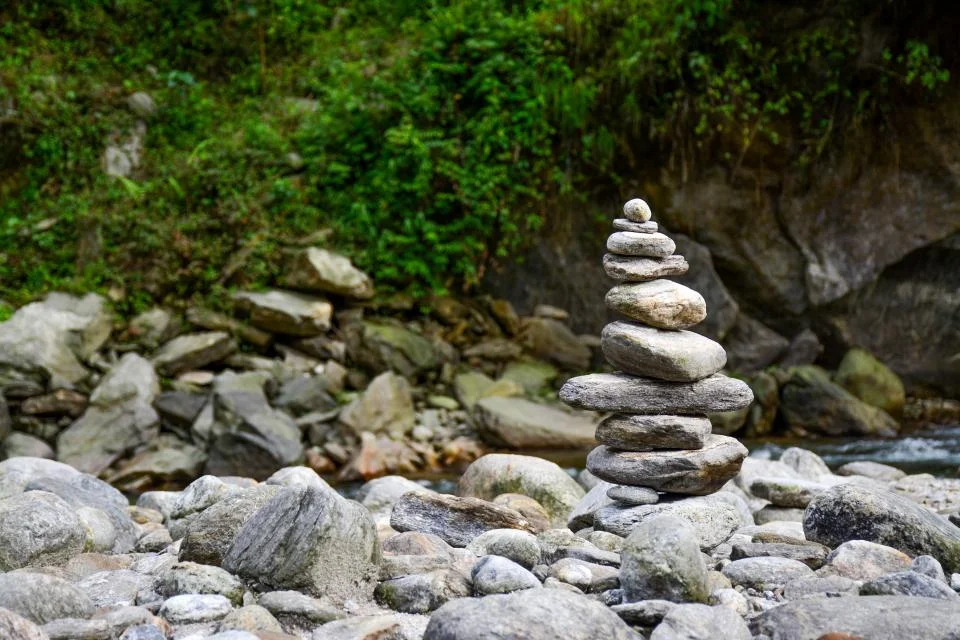Try these resolutions as you go into the coming year
/Happy New Year from the team at Common Ground! With today being all about resolutions, we want to help get your goal-setting started with recovery-friendly resolutions that can carry you through 2022.
And while traditional resolutions aren’t always a bad idea (eating healthy, working out, quitting smoking, etc.), we have a few more that go a little deeper — and are sure to boost your recovery, which will then have a positive effect on the rest of your life.
Try these 5 resolutions as you go into the coming year:
Let go of resentments.
In 2022, they have to go. Resentments breed bitterness and keep you from experiencing peace of mind, joy and inner stillness. Simply put, when you’re focused on resentment, you’re using valuable energy that could be spent on recovery, on building healthy relationships, and finding your own healing and resolve. It’s not always easy to let go, but when you do, it will be worth it.Expand your sober support network.
Social connectedness is key to a healthy recovery process. This year, work on expanding your sober support. Focus on finding a few close friends in recovery that you work to build deeper friendships with, and try a group outing or two with a larger group to remind yourself that you’re not alone in recovery. You’re part of a vibrant, vast community ready to support you and have fun along the way.Find a new hobby.
When you cut out drinking and using — along with all activities that went with it — you need to replace it with healthy things to fill your time. There are endless hobbies to try, and they don’t have to be cookie-cutter. Remember, just because you haven’t done something before doesn’t mean you can’t start now. Whether you want to start playing sports, running, knitting or baking, the opportunities are endless. Focus on trying 1-3 new things each month, and keep the pressure at bay. If you don’t like it, don’t give up...just move on and find something new.Keep hitting meetings.
Hopefully this one isn’t new to you. No matter if your recovery is struggling or solid, keep going to meetings. Whether you find support at 12-step meetings or alternate recovery groups, a regimented commitment can help keep your recovery prioritized in your daily life, even when things get busy. And if you need an extra nudge to go, remember, showing up could be just what you need — or what someone who’s struggling needs.Make gratitude a priority.
Gratitude is good for you — so stop putting it off. Find a way to incorporate a gratitude practice in your daily life through journaling, daily reflection or focused coffee dates with others looking to do the same. A step towards gratitude will keep you moving in the right direction, keeping you in a positive frame of mind and open to the adventure that life in recovery has for you.
Whether you’re new to recovery or have been in recovery for a while, resolutions are a great way to give your recovery a boost. They’re a reflection on all you’ve accomplished and where you’re headed next. And in recovery? The future is a hopeful, beautiful place.
Happy New Year!














